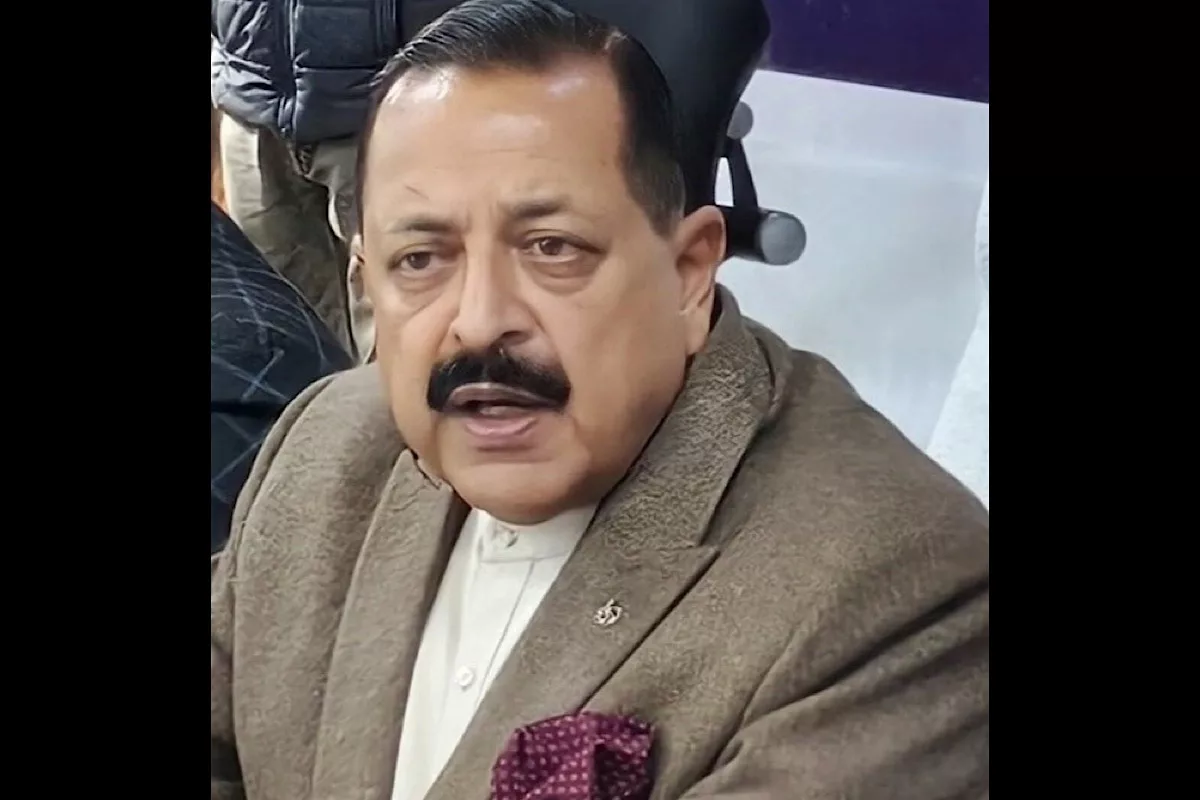CS Anuj Saraswat assumes role as chairman
New office bearers of the Eastern India Regional Council of ICSI elected for the year 2025 are CS Bishal Harlalka, vice chairman, CS Satish Kumar, secretary and CS Santosh Kumar, treasurer.
India’s space economy has grown to USD 8 billion and is projected to touch USD 44 billion in the next decade, according to Union Minister for Science and Technology Jitendra Singh.

Union Minister Dr Jitendra Singh
India’s space economy has grown to USD 8 billion and is projected to touch USD 44 billion in the next decade, according to Union Minister for Science and Technology Jitendra Singh.
In an exclusive programme on Sansad TV, he highlighted India’s transformation in the space sector and credited Prime Minister Narendra Modi for reforms in this sector, which opened it to private investment.
Advertisement
Singh also spoke about milestones like the indigenous Gaganyaan Mission, the upcoming Chandrayaan-4 (2027), Shukrayaan (2028), and the Indian Space Station (2030), showcasing India’s robust trajectory.
Advertisement
The minister lauded startups and FDI for fuelling innovation, with missions like SpaDeX enabling docking capabilities, marking a leap in technological advancement. The Vyom Mitra robo mission was highlighted as a precursor to human space exploration.
Dr. Jitendra Singh claimed that biomanufacturing and bio foundries will foster the fourth industrial revolution.
“India’s bio-economy, backed by abundant resources from the Himalayas to its shores, was spotlighted as a growth driver. As one of the first nations with a dedicated bio-economy policy, India is set to lead global innovation in recycling, manufacturing, and startups in this sector,” he said.
He reaffirmed the government’s support for knowledge pooling, public-private collaborations, and startup participation to sustain growth. He added that India is one pioneer country which has prepared its BIO-E3 policy.
Dr. Jitendra Singh emphasised the shift to citizen-centric governance under PM Modi. Initiatives like Mission Karmayogi are redefining bureaucracy by prioritising role-based capacity building. Digital innovations like the face-recognition-enabled digital life certificate and dynamic online modules have eased citizens’ lives.
Advertisement